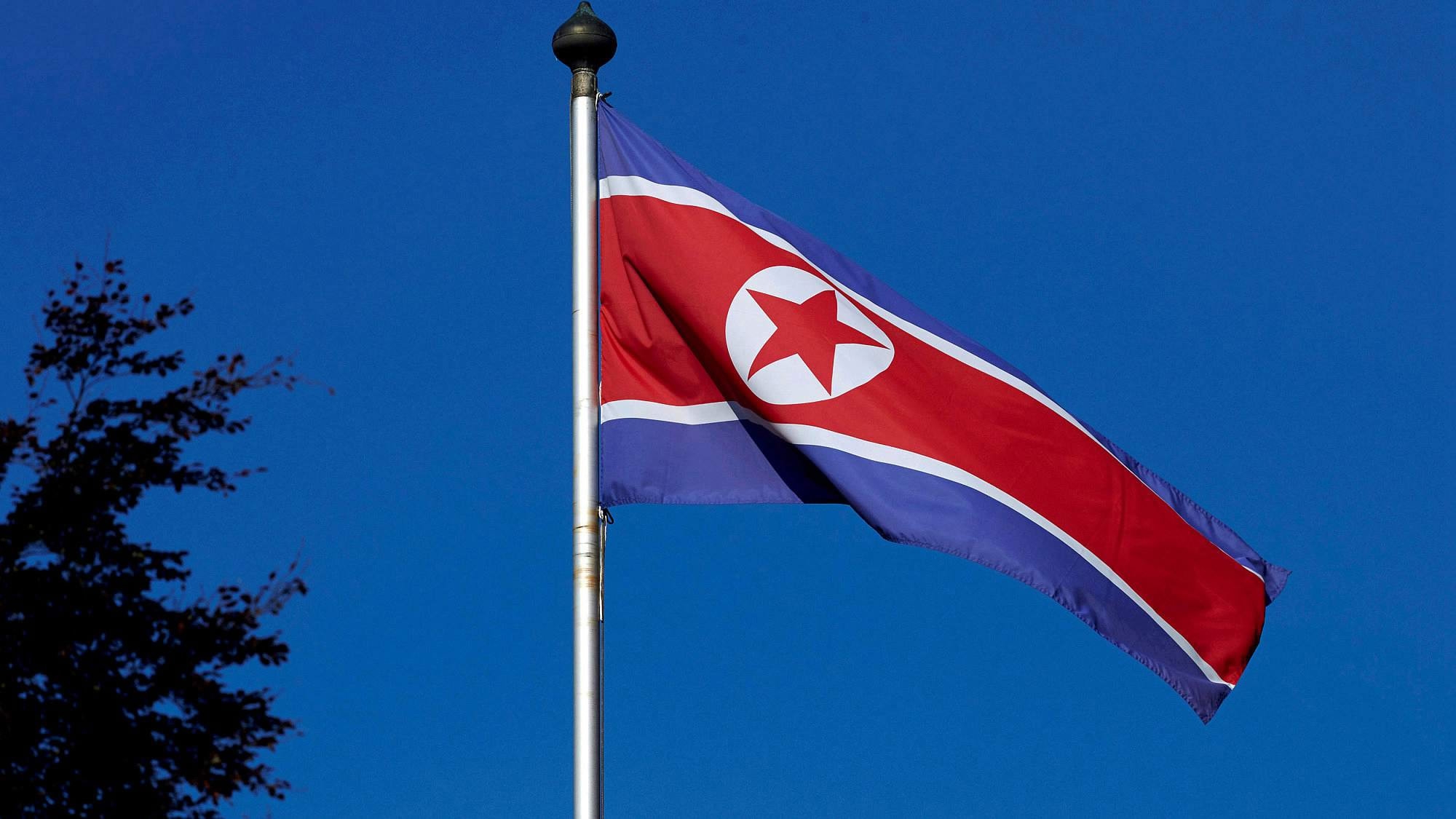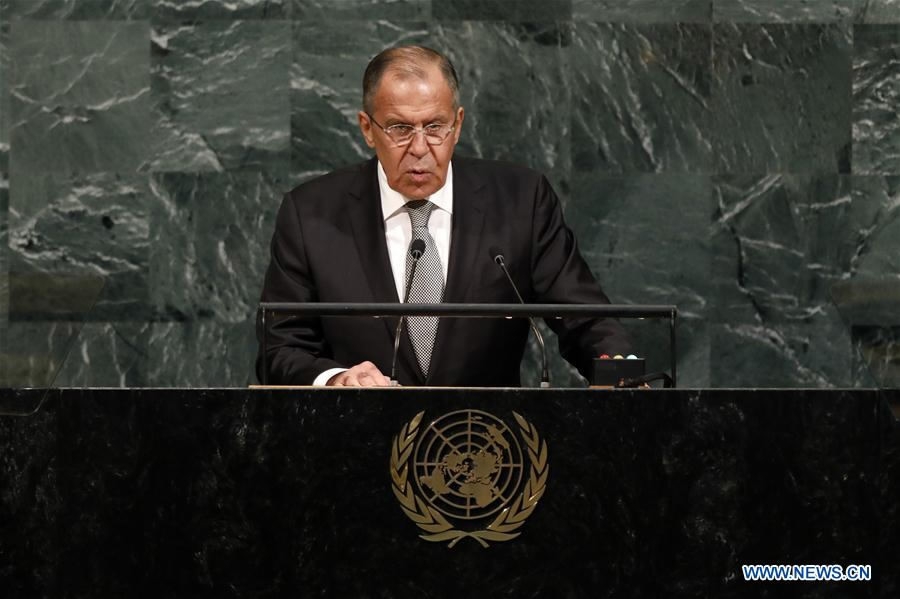
Politics
09:04, 29-Sep-2017
Russia and DPRK to discuss nuclear crisis in Moscow
CGTN

Officials from Russia and the Democratic People’s Republic of Korea (DPRK) will meet in Moscow on Friday to discuss the DPRK crisis, a move welcomed by the United States, which has been locked in an increasingly heated war of words with Pyongyang over its nuclear and missile programs.
Russia’s Foreign Ministry said Oleg Burmistrov, Russia’s ambassador-at-large, would meet Choe Son Hui, director-general of the North American department of DPRK’s foreign ministry.
Foreign Ministry spokeswoman Maria Zakharova declined to give details, but said her ministry would issue a statement after the meeting.
The United States welcomed the planned meeting, with US State Department spokeswoman Heather Nauert saying: “I can’t see that as a bad thing.”
“Diplomacy is our preferred approach,” Nauert told a regular briefing. “If Russia can be successful in getting North Korea (DPRK) to move in a better direction, we would certainly welcome that.”
Privately, however, US officials have played down the likely effect of the Russian effort.
Recent days have seen exchanges of heated rhetoric and threats between US President Donald Trump’s administration and DPRK over the latter’s bid to develop nuclear-tipped missiles capable of hitting the United States.
Nauert said Friday’s talks would follow a visit to Moscow by the US special envoy for DPRK, Joseph Yun, about two weeks ago.
Attending the UN General Assembly in New York last week, Russian Foreign Minister Sergei Lavrov pushed a proposal by Moscow and Beijing for a dual suspension of DPRK’s weapons tests and the US-South Korean military drills to kick-start negotiations.

Russian Foreign Minister Sergei Lavrov speaks during the General Debate of the 72nd session of the United Nations General Assembly, at the UN headquarters in New York, September 21, 2017. /Xinhua Photo
Russian Foreign Minister Sergei Lavrov speaks during the General Debate of the 72nd session of the United Nations General Assembly, at the UN headquarters in New York, September 21, 2017. /Xinhua Photo
He suggested then that a neutral European country could mediate.
Washington has said its joint military drills are essential to guard against the DPRK and that Pyongyang must show it is serious about giving up its nuclear weapons before any return to talks.
The DPRK, for its part, says it needs to develop its weapons to defend itself against what it sees as US aggression.
Last week, Lavrov said the DPRK and the United States should tone down their bellicose rhetoric, calling the exchange of threats between the two “quite bad, unacceptable.”
Source(s): Reuters

SITEMAP
Copyright © 2018 CGTN. Beijing ICP prepared NO.16065310-3
Copyright © 2018 CGTN. Beijing ICP prepared NO.16065310-3